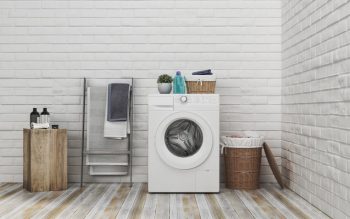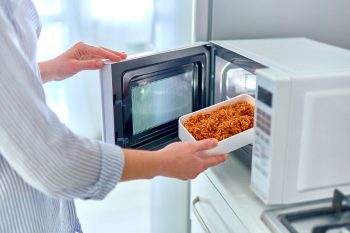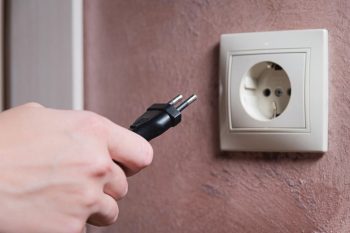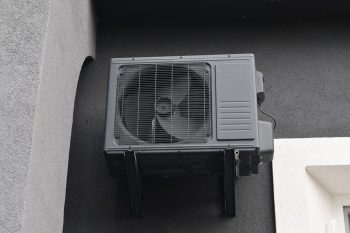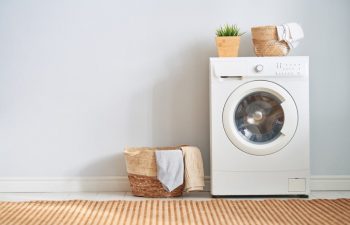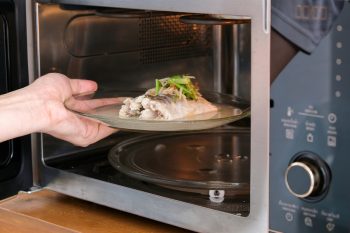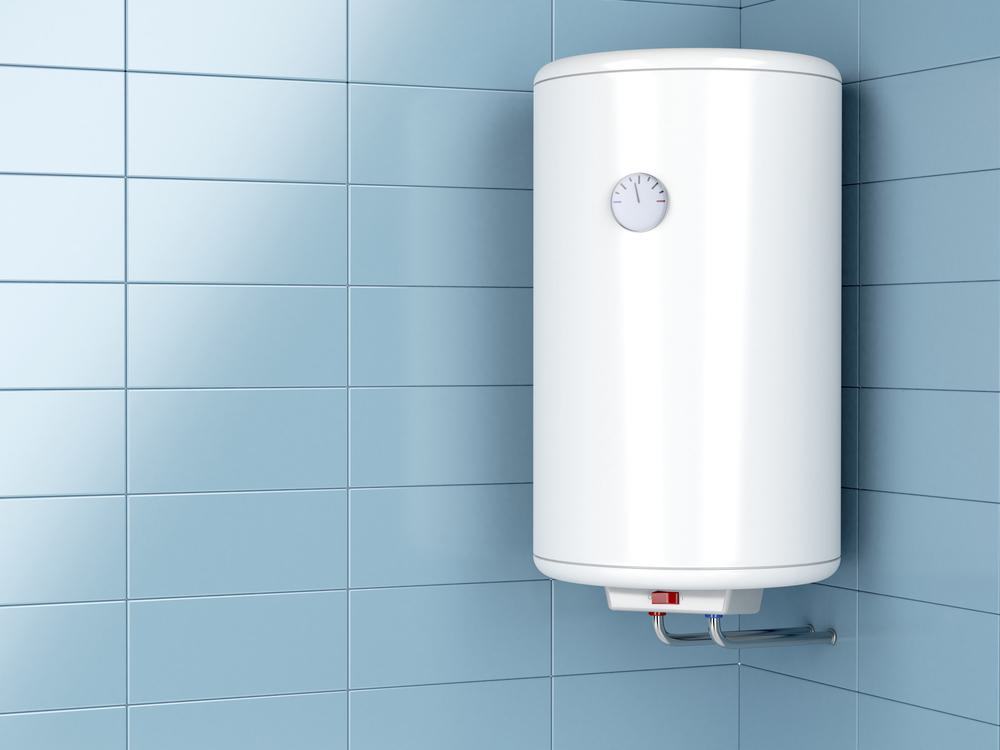
A hot water heater is an essential household appliance that provides us with the comfort of hot water for showers, dishwashing, laundry, and more. However, like any other home appliance, it can develop issues over time. But how do you know what’s wrong with your hot water heater? This comprehensive guide will help you understand common issues, how to troubleshoot them, and when it’s time to call a professional.
What could be wrong with your hot water heater can range from simple issues such as a tripped circuit breaker or incorrect thermostat settings, to more serious problems like a faulty heating element, leaks due to loose connections or a corroded tank, limescale buildup, or a malfunctioning temperature and pressure relief valve. Troubleshooting can involve checking the power source, inspecting the thermostat and heating elements, flushing the tank, testing the relief valve, and checking the anode rod. However, if issues persist, it may be time to call a professional.
Common Problems with Hot Water Heaters
Here are some of the most common problems you might encounter with your hot water heater:
- No hot water: This could be due to a failed heating element, power loss, a faulty gas connection, or a bad pilot light.
- Water leaks: Loose plumbing connections, loose heating element bolts, a corroded storage tank, or a faulty temperature and pressure (T&P) relief valve can cause leaks.
- Foul odor in hot water: This is often due to bacteria buildup in the tank, which can produce a rotten egg smell.
- Limescale buildup: High mineral content in water can lead to limescale accumulation, reducing the heater’s efficiency and potentially causing damage.
- Overheating: This can be caused by a stuck valve or improper water pressure.
- Inadequate hot water supply: This issue can result from improper settings, high home water pressure, or a lack of tank maintenance.
- Noisy water heater: Strange noises can be caused by sediment buildup, expanding and contracting pipes, or a malfunctioning heating element.
- Low hot water pressure: This problem can be due to a clogged pipe, a faulty pressure relief valve, or a damaged dip tube.
Troubleshooting Your Hot Water Heater
If you’re experiencing issues with your hot water heater, here are some steps you can take to troubleshoot the problem:
- Check the power source: Make sure the circuit breaker hasn’t tripped or the gas supply is functioning.
- Inspect the thermostat: Ensure it’s set to the correct temperature, typically between 120 and 140 degrees Fahrenheit.
- Examine heating elements: A failed heating element in an electric water heater can result in little to no heat production.
- Flush the tank: Sediment buildup can reduce the water heater’s efficiency. Regularly flushing the tank can improve performance.
- Test the T&P relief valve: This valve releases hot water to relieve pressure in the tank if the water gets too hot. Test the valve to ensure it’s functioning properly.
- Check the anode rod: This rod prevents the tank from rusting. Inspect the rod and replace it if it’s corroded or worn out.
Signs You Need a Professional
While some issues can be resolved with basic troubleshooting, others require professional help. Here are signs you need a professional plumber:
- Increase in utility bills: A malfunctioning water heater can cause an increase in utility bills due to inefficiency and wasted energy.
- Getting cold water instead of hot: If your water heater is not providing hot water, it may be time to call a professional.
- Strange humming sounds: Unusual noises coming from your heater could indicate a serious issue that requires professional attention.
- Unusual odors in the hot water: If your hot water has a foul smell, it could be a sign of bacteria buildup in the tank.
Cost of Repairing or Replacing a Hot Water Heater
The cost to repair or replace a hot water heater can vary significantly, depending on the specific issue and the type of heater. On average, the cost to repair a water heater ranges from $221 to $964. For water heater replacement, the typical cost ranges from $1,300 to $5,500.
Energy-Efficient Alternatives to Traditional Hot Water Heaters
If you’re considering replacing your hot water heater, there are several energy-efficient alternatives available:
- Tankless water heaters: They provide hot water only when needed, eliminating standby energy losses associated with storage water heaters.
- Heat pump water heaters: They move heat from one place to another instead of generating heat directly, resulting in high efficiencies and significant cost savings.
- Solar water heaters: They use the sun’s heat to provide hot water, offering an eco-friendly and cost-saving solution.
By understanding what can go wrong with your hot water heater, you can take steps to address these issues early on, preventing minor problems from becoming major ones and ensuring you always have a reliable supply of hot water.
Frequently Asked Questions
How often should I flush my hot water heater?
You should flush your hot water heater at least once a year. If your water has a high mineral content, you might need to do it more frequently.
What temperature should I set my hot water heater at?
The U.S. Department of Energy recommends setting your hot water heater at 120 degrees Fahrenheit to save energy and prevent scalding. However, if you have a dishwasher without a booster heater or if you require a higher temperature for medical reasons, you might need to set it at 140 degrees Fahrenheit.
How long does a hot water heater typically last?
The lifespan of a hot water heater can vary based on the model, usage, maintenance, and water quality. However, a conventional storage tank water heater typically lasts about 10 to 15 years.
Is it dangerous if my hot water heater is leaking?
Yes, a leaking hot water heater can be dangerous and should be addressed immediately. The water can damage your home, and if the leak is due to a faulty T&P relief valve, it could lead to a dangerous pressure build-up in the tank.
Can I install a new hot water heater myself?
While it might be possible to install a new hot water heater yourself, it’s usually best to leave this job to a professional to ensure it’s done correctly and safely, especially if you’re dealing with gas or electric models.


